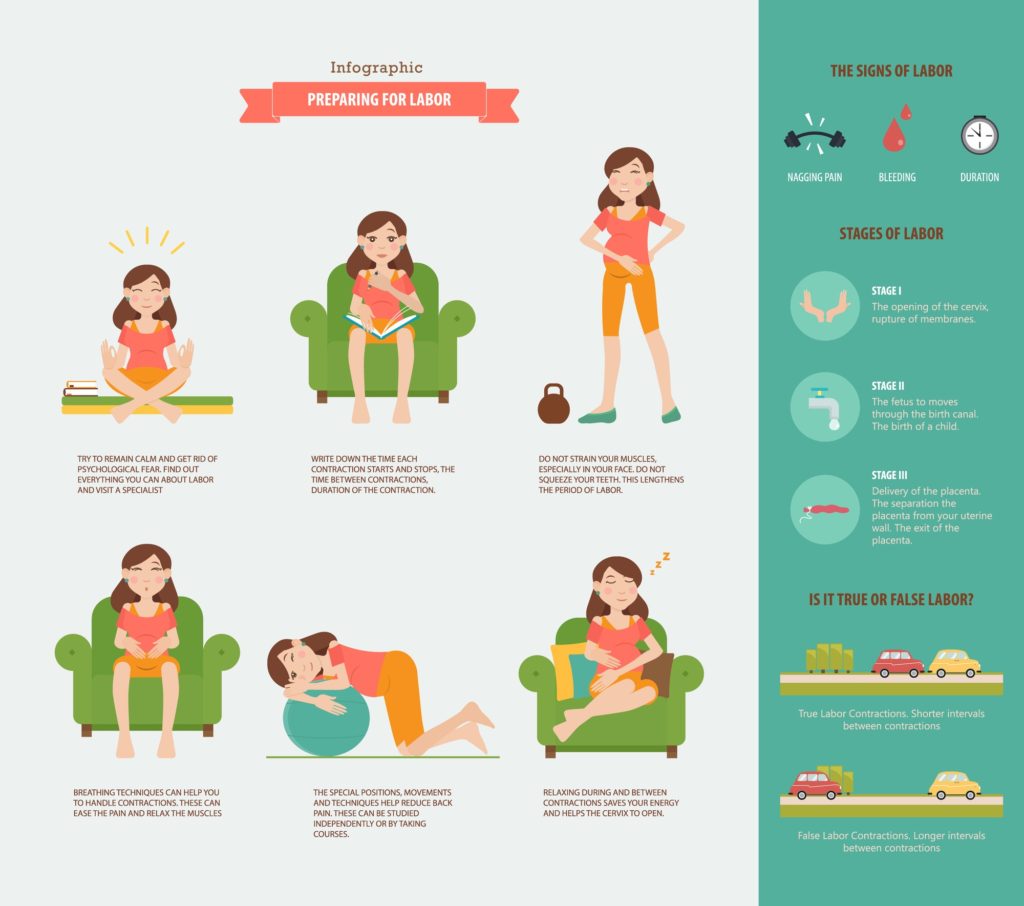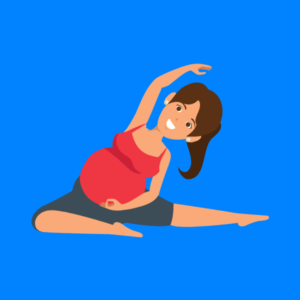Yes there are benefits of breastfeeding, but not without its own challenges. It can be challenging in its early days, but your midwife should be able to offer support. Some women face many different problems while breastfeeding, while others do not.
Sore or cracked nipples
An unfamiliar feeling of tingling, or pressure, without actual pain, is normal when you first start to breastfeed. But actual sore nipples from breastfeeding usually happens because your baby is not well latched on to the breast.
Breastfeeding should feel comfortable once you and your baby have found a good latch and some positions that work. Your baby shouldn’t actually be sucking your nipple but should be nursing from the areola. Get help from your breastfeeding specialist as soon as you can so it doesn’t get worse.
Low milk supply
When you first start breastfeeding, it can take a little while before you feel confident that your baby is getting what they need. You may worry that your baby is not getting enough milk. Checking your baby’s weight and growth is the best way to make sure he or she gets enough milk.
Offering your baby both breasts at each feed and alternating which breast you start with will help to stimulate your milk supply. Frequent nursing and pumping during the day can help increase your breast milk supply.
Also avoid giving your baby formula or cereal in addition to your breast milk, if you can especially in the first 6 months of life. Your baby may lose interest in your breast milk, and your milk supply will decrease
Breast engorgement
Breast engorgement is when your breasts get too full of milk. They may feel hard, tight and painful and very uncomfortable for you and this engorgement is the result of the milk building up.
Engorgement can happen in the early days, especially 3-5 days after giving birth, when you and your baby are still getting used to breastfeeding and your body is still figuring out how to regulate milk production. It can take a few days for your milk supply to match your baby’s needs.
Engorgement can also happen when your baby is older and started feeding on solid foods and also, when you go too long between feeds
Engorgement can cause swelling, tenderness, redness, low grade fever, throbbing and can lead to plugged ducts or a breast infection, so it is important to try to prevent it before this happens.
Tips to help with engorgement
- If latch is the problem, try work with a breastfeeding specialist to improve your baby’s latch
- Wear a well-fitted bra that’s not too tight.
- Breastfeed from the engorged side to remove the milk and keep the milk moving.
- Try not to use dummies or bottles in the early days.
- Massage the breast and you can also hand express or pump a little milk to soften the breast, areola, and nipple before breastfeeding.
- use cold compress to help with the pain
- Get enough rest and hydrate with enough water.
Baby is not latching on properly
Breastfeeding is a skill that you and your baby need to learn and practice together. It may take you both a while to get the hang of it.
It’s 100 percent normal for your nipples to feel a little (or a lot) sore when you first start breastfeeding, especially if you’re a first-timer. But if the pain lasts longer than a few seconds into your feeding session or your baby does not seem to be satisfied after feeds, he/she may not be latching onto the breast properly.
Too much breast milk
Occasionally women make too much breast milk and it can be stressful and uncomfortable for you and your baby. What you can do to help relieve this:
- Feed your baby before he/she becomes too hungry to avoid excessive sucking which can in turn, increase supply
- If the other breast feels full before you are ready to breastfeed on it, hand express for a few moments to relieve some of the pressure
Fungal infection (Thrush)
Thrush infections can sometimes happen when your nipples become cracked or damaged and you may also experience an itching sensation or deep, shooting breast pain.is passed from your baby’s mouth. This means the candida fungus that causes thrush can get into your nipple or breast. This type of infection thrives on milk and is an overgrowth of the Candida organism
Causes of thrush can include sore/cracked nipples, taking antibiotics or thrush in your baby’s mouth.
If you suspect you or your baby has a thrush infection, see your doctor who may prescribe an anti-fungal medication to put on your nipple and in baby’s mouth. You’ll also want to wash all bras, clothing and nursing pads daily in hot water and vinegar to kill any yeast spores.
Blocked milk duct
This usually happens when a milk duct doesn’t drain properly. You may feel a small, tender hard lump in your breast. If you have a fever, then it is probably mastitis.
Frequent feeding from the affected breast, say every two hours should help. If possible, position your baby with their chin pointing towards the lump so they can feed from that part of the breast.
Don’t wear a tight bra as it can constrict milk ducts.
Speak to your doctor if the plugged ducts keep coming back.
Mastitis (mast-EYE-tiss)
This happens when a blocked milk duct is not relieved and it turns into a bacterial infection and accompanied by a fever.
It makes the breast feel hot and painful, and can make you feel very unwell with flu-like symptoms. It’s common within the first few weeks after birth (though it can also happen anytime during breastfeeding).
Symptoms can include fever/flu like symptoms. Nausea, vomiting, yellowish discharge from nipple, warm or tender breasts.
It can be caused by other breastfeeding problems, such as clogged milk ducts, engorgement or even cracked nipples, which can allow bacteria to enter the breast, causing the infection. It usually happens in one breast.
It’s important to carry on breastfeeding even though it can be painful. Breastfeed from the infected side every two hours or more often as this will keep the milk moving freely and your breast from becoming too full.
If you are no better within 12-24 hours, there’s pus or blood in your breastmilk or if you feel worse, contact your GP as you may need antibiotics.
Breast abscess
If mastitis is not treated, or if it does not respond to treatment, it can lead to a breast abscess, which may need an operation to drain it, as well as a course of antibiotics.
Breastfeeding and tongue tie
Some babies who have a tongue tie can stop the tongue moving freely, which can make it harder for them to breastfeed. The good news is that tongue tie easily treated.



